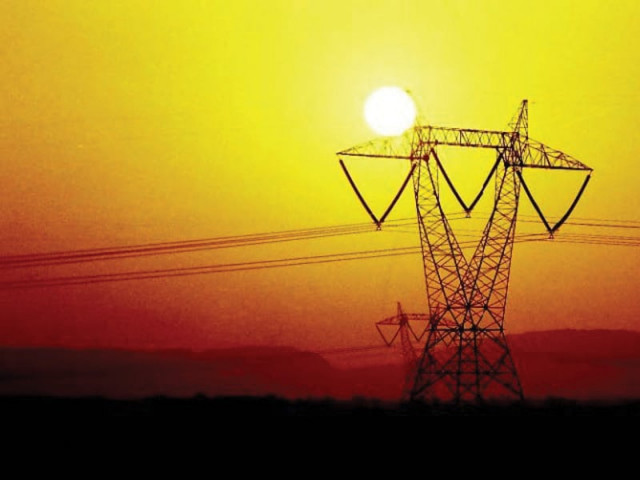Policy conditions: After loan approval, World Bank sets forth conditions
Govt to cut power subsidies by Rs265 billion, according to WB documents.

Under the power sector loan, the government is also expected to improve recoveries of electricity bills from the present 86% to 94% in next two years. PHOTO: FILE
In return for $1 billion loan approved by the World Bank (WB), the government will cut power subsidies by Rs265 billion or more than half from the upcoming budget, according to WB documents, which also suggests that the government is parking power subsidies outside the budget.
The papers were distributed among journalists after a video conference, addressed from Washington by the WB’s Country Director to Islamabad Rachid Benmessaoud. He was speaking a day after the WB approved $1 billion in loan and cleared $11 billion Country-Partnership Strategy (CPS) for the next five years. The CPS shows that the Diamer Basha dam project is off the WB books, at least for the said five years.

According to WB papers, the allocated subsidies in the federal budget are 1.8% of Gross Domestic Product (GDP) (Rs468 billion) for the financial year 2013-14, which will be reduced to 0.7% of the GDP (over Rs200 billion) in fiscal year 2014-15, beginning from July.
The proposed 0.7% power subsidies will be Rs265 billion or 56.6% less than what the WB believes Pakistan will pay this year.
However, the WB’s estimates of power subsidies are far higher than even the upward revised power subsidies estimates of the federal government. “The subsidies equal to 1.8% is prima facie inaccurate as our estimates suggest that the subsidies will be around 1.1% to 1.2% of GDP (Rs286 billion to Rs312 billion)”, said Rana Assad Amin, the spokesman of the Ministry of Finance.
There is a possibility that the WB is also including outstanding circular debt in its calculation of power subsidies. But Amin said the circular debt was on account of less recoveries and line losses while the federal government was picking subsidies on account of price differential claims.
Under the power sector loan, the government is also expected to improve recoveries of electricity bills from the present 86% to 94% in next two years.
Benmessaoud said that the policy loan would also help reduce the time taken for power determination and notification – a move that will restrict the government’s say in the affairs of the National Electric Power Regulatory Authority.
“Many reforms are taking place to fix the energy sector; some will yield results sooner than other reforms that are long-term in nature,” he said.
The country director said the WB was encouraged by the government’s commitment to implement comprehensive reforms, adding that the government was also committed to regional integration and has launched a privatisation policy.
Benmessaoud avoided questions on the financing of the Diamer Basha dam, as the CPS approved by the WB for the next five years does not include the project, indicating the WB was never interested in it in the first place.
To a question, Benmessaoud said it was not important how many people are living below the poverty line in a given time. The conversation should be about the trend and the policies, and the trend is that the poverty is declining, he added.
Under a $400-million loan for acceleration of growth, Benmessaoud said the main development objectives of the proposed credit are increasing private and financial sector development through measures that are fostering privatisation, improving business environment, facilitating trade and promoting financial inclusion. He said the other objective is to increase tax revenues through measures.
Despite its inability to achieve results attached with an earlier $149 million loan, the country director defended the WB’s decision to extend loan for reforming the FBR – the most inefficient federal organisation.
While appreciating the government’s resolve to introduce reforms, the WB has highlighted five key areas that require constant diligence.
It said there are political economy risks, like opposition by those affected by any reduction in tax benefits or the phasing out of tax exemptions. There are economic risks related to the unavoidable recessionary bias and social unrest related to adjustment measures needed to prevent macroeconomic imbalances. The reform programme may get affected due to weak policy coordination, it added.
Published in The Express Tribune, May 3rd, 2014.
Like Business on Facebook, follow @TribuneBiz on Twitter to stay informed and join in the conversation.



















COMMENTS
Comments are moderated and generally will be posted if they are on-topic and not abusive.
For more information, please see our Comments FAQ